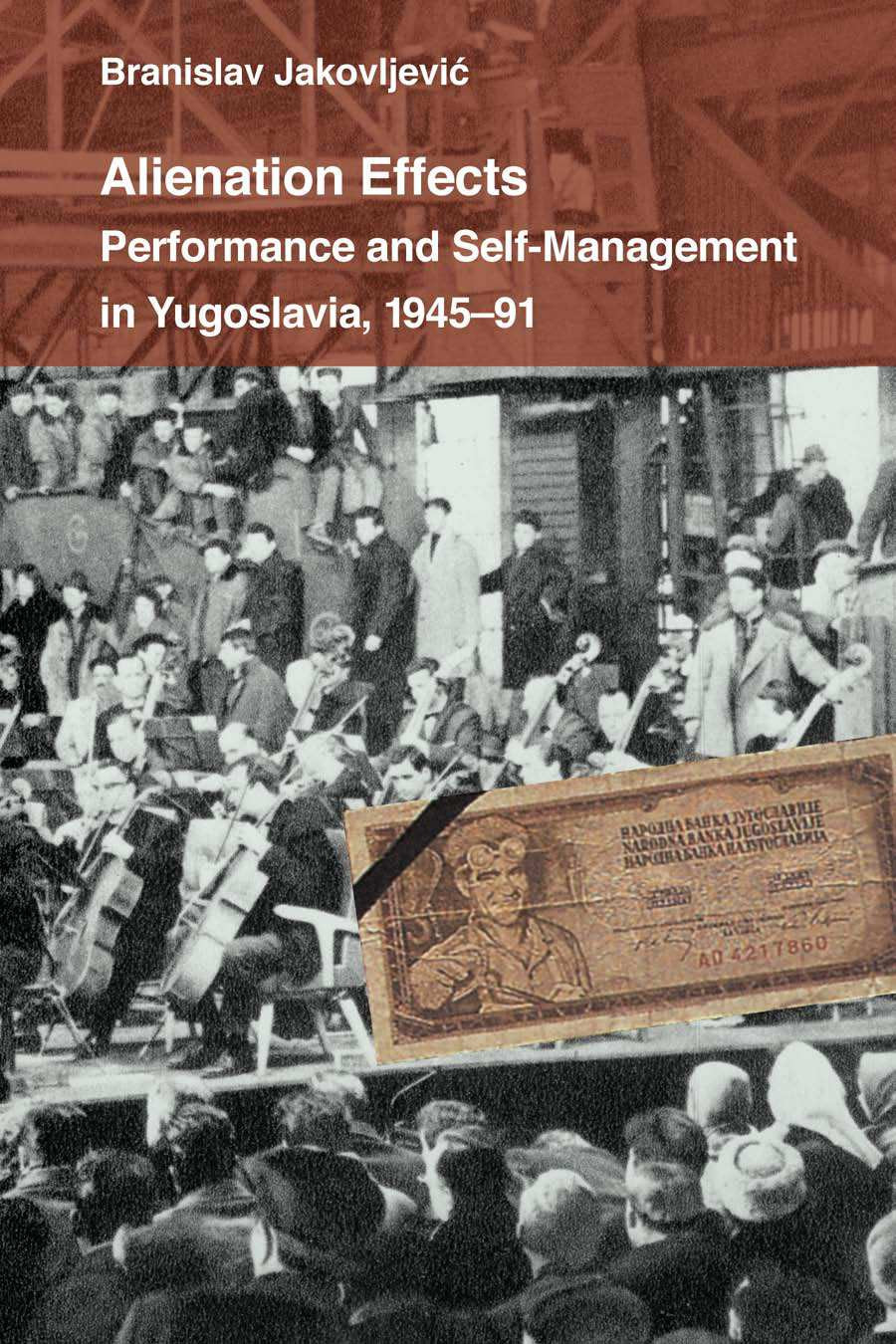Katerina Kolozova, Eileen A. Joy (eds.): After the “Speculative Turn”: Realism, Philosophy, and Feminism (2016)
Filed under book | Tags: · feminism, marxism, object-oriented ontology, philosophy, realism, speculative realism

“Recent forms of realism in continental philosophy that are habitually subsumed under the category of “speculative realism,” a denomination referring to rather heterogeneous strands of philosophy, bringing together object-oriented ontology (OOO), non-standard philosophy (or non-philosophy), the speculative realist ideas of Quentin Meillassoux and Marxism, have provided grounds for the much needed critique of culturalism in gender theory, and the authority with which post-structuralism has dominated feminist theory for decades. This publication aims to bring forth some of the feminist debates prompted by the so-called “speculative turn,” while demonstrating that there has never been a niche of “speculative realist feminism.”
Whereas most of the contributions featured in this collection provide a theoretical approach invoking the necessity of foregrounding new forms of realism for a “feminism beyond gender as culture,” some of the essays tackle OOO only to invite a feminist critical challenge to its paradigm, while others refer to some extent to non-philosophy or the new materialisms but are not reducible to either of the two. We have invited essays from intellectual milieus outside the Anglo-Saxon academic center, bringing together authors from Serbia, Slovenia, France, Ireland, the UK, and Canada, aiming to promote feminist internationalism (rather than a “generous act of cultural inclusion”).”
Contributors: Patricia Ticineto Clough, Katherine Behar, Nandita Biswas Mellamphy, Jelisaveta Blagojević, Joan Copjec, Marina Gržinić, Eileen A. Joy, Katerina Kolozova, Frenchy Lunning, Nina Power, Anne-Françoise Schmid.
Publisher Punctum Books, Brooklyn, NY, 2016
Creative Commons BY-NC-SA 4.0 International license
ISBN 9780998237534, 0998237531
197 pages
Review: Stanimir Panayotov (Minnesota Rev, 2017).
Comment (0)Branislav Jakovljević: Alienation Effects: Performance and Self-Management in Yugoslavia, 1945-91 (2016)
Filed under book | Tags: · 1950s, 1960s, 1970s, 1980s, art history, conceptual art, eastern europe, marxism, performance, performance art, politics, socialism, yugoslavia

“In the 1970s, Yugoslavia emerged as a dynamic environment for conceptual and performance art. At the same time, it pursued its own form of political economy of socialist self-management. Alienation Effects argues that a deep relationship existed between the democratization of the arts and industrial democracy, resulting in a culture difficult to classify. The book challenges the assumption that the art emerging in Eastern Europe before 1989 was either “official” or “dissident” art, and shows that the break up of Yugoslavia was not a result of “ancient hatreds” among its peoples but instead came from the distortion and defeat of the idea of self-management.
The case studies include mass performances organized during state holidays; proto-performance art, such as the 1954 production of Waiting for Godot in a former concentration camp in Belgrade; student demonstrations in 1968; and body art pieces by Gina Pane, Joseph Beuys, Marina Abramovic, and others. Alienation Effects sheds new light on the work of well-known artists and scholars, including early experimental poetry by Slavoj Žižek, as well as performance and conceptual artists that deserve wider, international attention.”
Publisher University of Michigan Press, 2016
Creative Commons BY-NC-ND License
ISBN 9780472900589
xii+369 pages
Reviews: Jestrović (Contemp Theatre Rev), Goulish (TDR), Tepavac (arcadia), Halilbašić (rezens.tfm), Radosavljević (Modern Drama), Jovićević (Peščanik).
PDF, PDF (3 MB)
Images, PDF (HathiTrust)
PDF chapters (Jstor)
Crisis and Critique 3(3): Critique of Political Economy (2016)
Filed under journal | Tags: · capitalism, critique, labour, marxism, philosophy, political economy, politics

Rereading Marx.
Contributions by Dennis Badeen & Patrick Murray, Riccardo Bellofiore, Jacques Bidet, Ivan Boldyrev, Michael Heinrich, Campbell Jones, Kojin Karatani, Ognian Kassabov, Andrew Kliman, Elena Louisa Lange, Frédéric Lordon, David Pavón Cuéllar, Jason Read, Frank Smecker, Massimiliano Tomba, Raquel Varela and Valério Arcary, Fabio Vighi, Gavin Walker, Yuan Yao, Slavoj Žižek, and an interview with Moishe Postone.
Edited by Frank Ruda & Agon Hamza
Published 16 Nov 2016
ISSN 2311-5475
521 pages
PDF, PDF
PDF articles
previous issues

